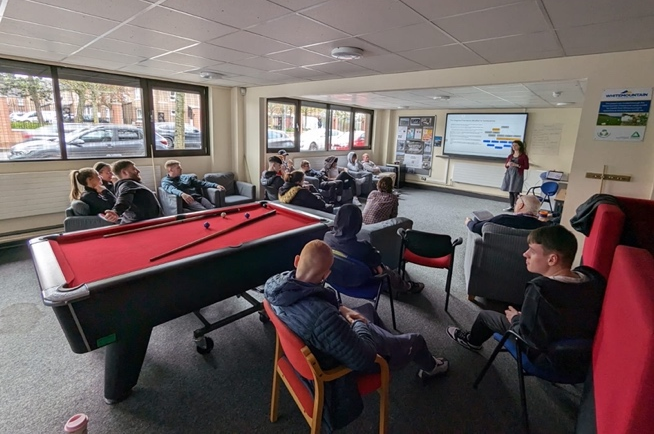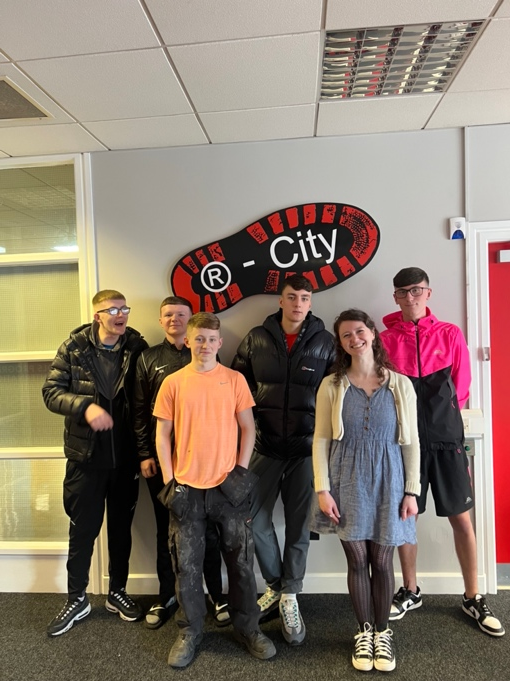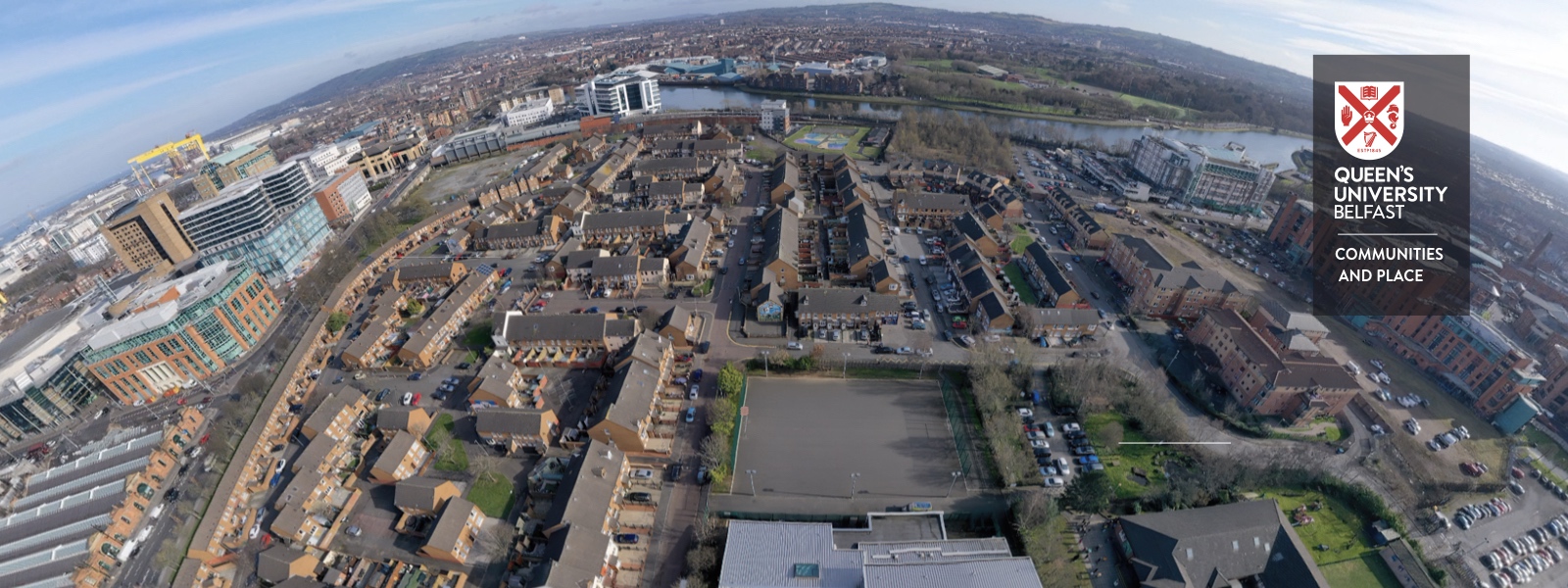QCAP's Amanda Dylina Morse Discusses The Role of Respondent Validation in Community-Based Research
Respondent validation is an important component of qualitative research and involved a researcher returning to community partners to “check” that their interpretation of the data is correct.

This process is also an important part of community-based research because it shares the research findings back to the people who participated in it.
In keeping with good practice, QCAP PhD candidate Amanda Dylina Morse returned to Impact Training and R-City in the Shankill to present the findings of her doctoral research to her community partners and validate that she correctly interpreted the study findings. Organisational staff, study participants, and other young people who participate in their programmatic work attended the presentations, which took place in April.
During the presentations, attendees provided feedback on the scientific underpinnings of the work and the key findings, including mechanisms for supporting strong friendships between young men and the role of youth workers to support both individual behavioural health and the diversion of community violence at interface areas. Amanda also provided some recommendations for organisations to implement to help support behavioural health among the young men who participate in their programmes.
Staff from Impact Training and R-City are planning to use the findings from the data to support their programmatic work, as well as for funding applications to generate longer-term support for the organisation.


